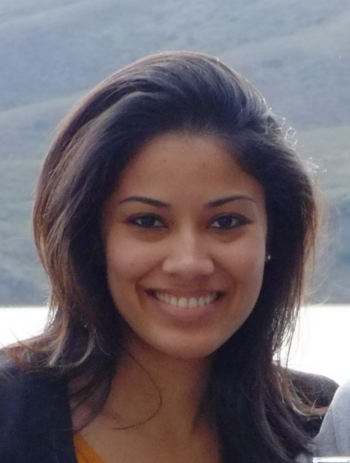Democracy Rebooted: The Future of Technology in Elections
[[{"fid":"220174","view_mode":"crop_870xauto","fields":{"format":"crop_870xauto","field_file_image_description[und][0][value]":"Toomas Hendrik Ilves. Reception at the 36th Annual Conference of the Association of Philosophy and Literature.","field_file_image_alt_text[und][0][value]":"","field_file_image_title_text[und][0][value]":"","field_credit[und][0][value]":"Rene Riisalu","field_caption[und][0][value]":"Toomas Hendrik Ilves. Reception at the 36th Annual Conference of the Association of Philosophy and Literature.","field_related_image_aspect[und][0][value]":"","thumbnails":"crop_870xauto","pp_lightbox":false,"pp_description":false},"type":"media","attributes":{"width":"870","class":"media-element file-crop-870xauto"}}]]
Please RSVP. We will close registration once the attendance list reaches 250 people.
Abstract:
On September 24, Stanford’s Center on Democracy, Development and the Rule of Law in partnership with The Atlantic Council will present a public address by President Toomas Ilves of Estonia on the future of technology in elections. Elections are set to take center stage in the coming year, in this country and abroad. As technology plays an increasingly large role in people’s lives, the discussion—moderated by CDDRL Director Francis Fukuyama— will explore its role in elections worldwide. President Ilves of Estonia—the only country in the world to use Internet voting for national elections— will discuss how technology can promote transparency, inclusion, and stronger democracies.
This event is a partnership between Stanford’s Center on Democracy, Development and the Rule of Law and The Atlantic Council, a DC-based think-tank committed to promoting constructive leadership and engagement in international affairs.
Bio:
Toomas Hendrik Ilves was elected President of the Republic of Estonia in 2006 and re-elected in 2011. He served as Chairman of the EU Task Force on eHealth from 2011 to 2012, and since November 2012 he became Chairman of the European Cloud Partnership Steering Board. His interest in computers stems from an early age – he learned to program at the age of 13 - and he has been promoting Estonia’s IT-development since the country restored its independence. Prior to his presidency, he served as Ambassador of Estonia to the United States of America and Canada (1993 -1996). In this position, he initiated the Tiger Leap initiative to computerize and connect all Estonian schools online. He also served as Minister of Foreign Affairs (1996-1998; 1998-2002) and Member of the Estonian Parliament (2002-2004). In recent years, President Ilves has spoken and written extensively on integration, transatlantic relations, e-government, and cyber security. He graduated from Columbia University in 1976 and received his Master’s degree in Psychology from the University of Pennsylvania in 1978.





 Ali Inam
Ali Inam